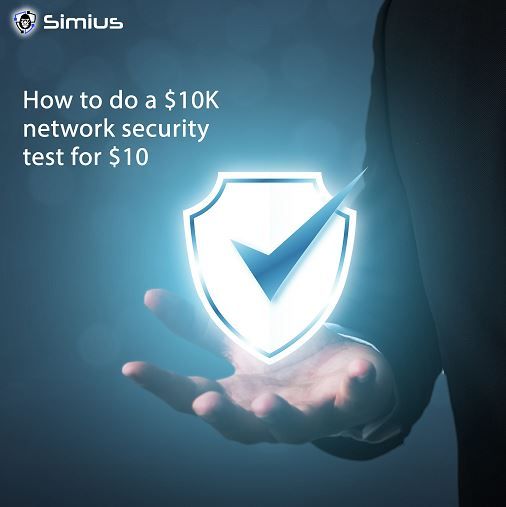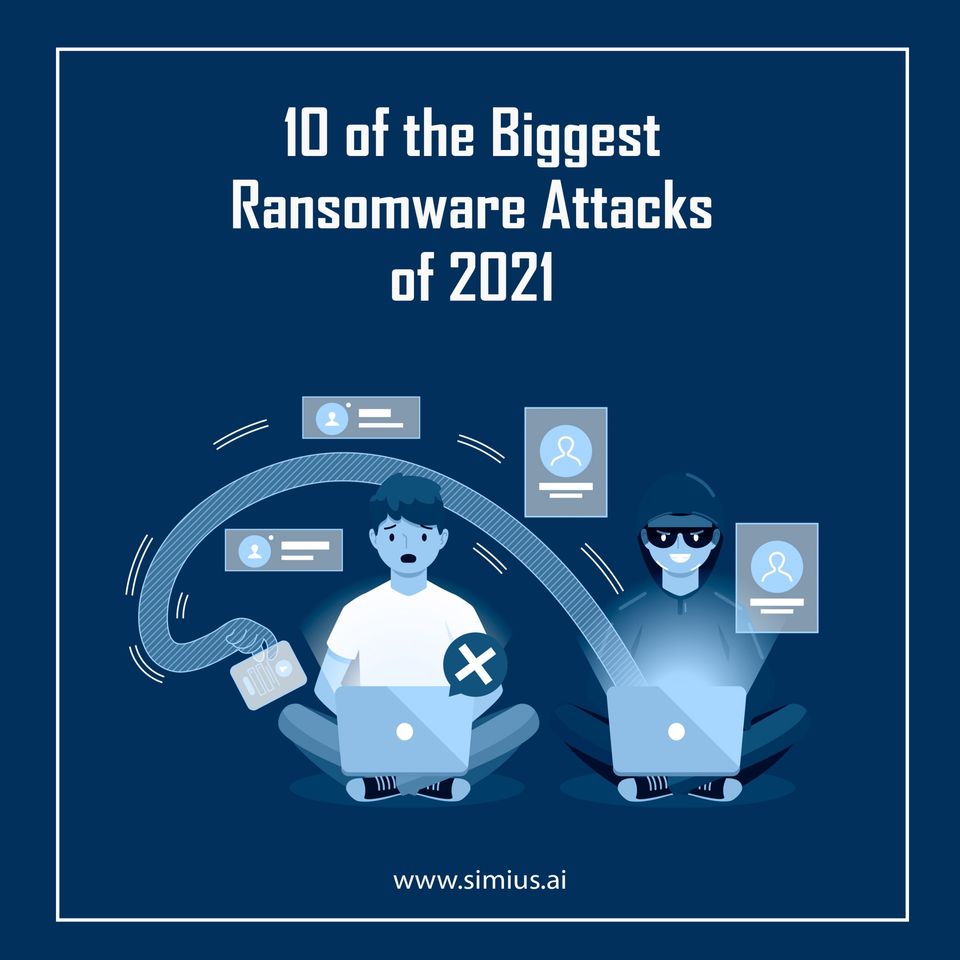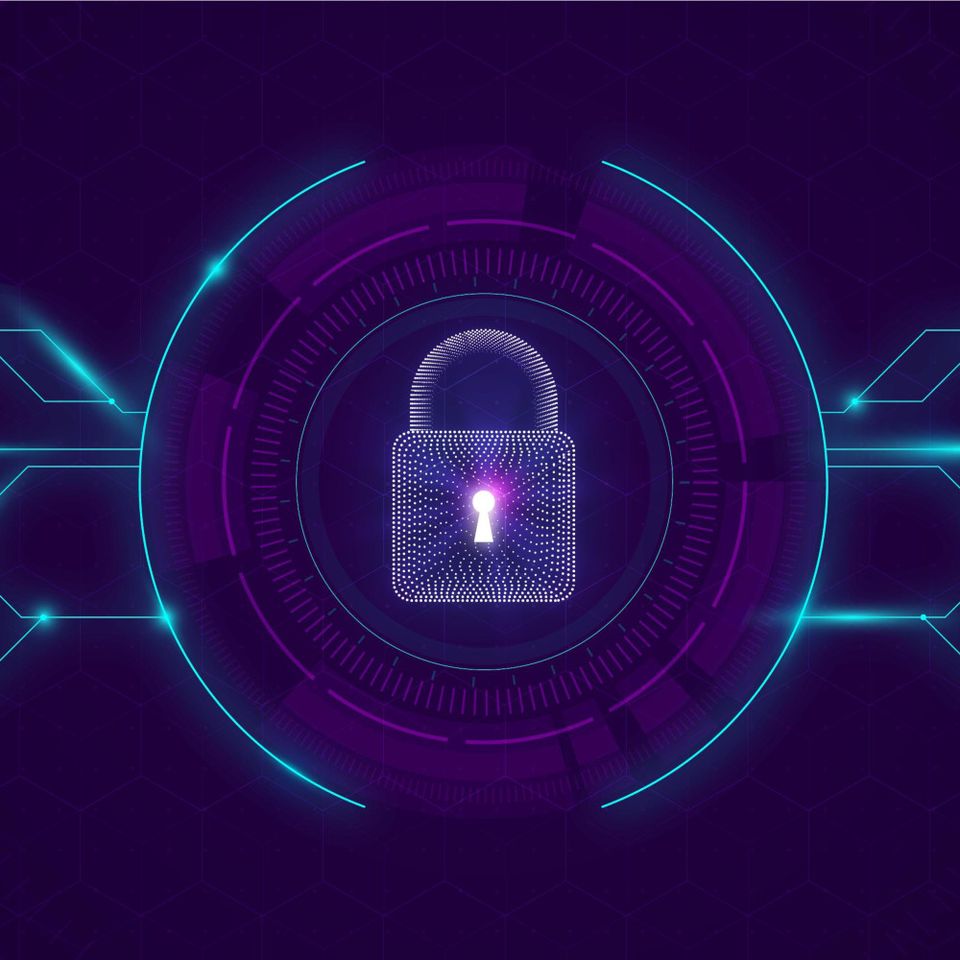Table of contents
In order to defeat cyber criminals and hackers alike, you must also be able to think like one. By strengthening your basic understanding of network security in this manner and using the same tools that criminal hackers use, it changes the game. Using an authorized network security test can reveal the answers to many questions unknown. Almost like using their own hacking abilities against them, but to expose your own vulnerabilities first before they can.
As mentioned in (The Ultimate Guide to Smart Home Cybersecurity), Simius is seeking to deliver a holistic solution for network security testing, by releasing a hybrid approach using vulnerability assessment scanning in conjunction with lightweight penetration tests. Right now the focus is to identify surface level vulnerabilities on digital assets for a network and its end-points. This is how any reconnaissance phase of the cyber kill chain is fulfilled. We want to first assign our focus on the areas in which cyber criminals can gain entry. Show you where the holes are, and help guide you to repair them.

Ethical Hacking
When malware and viruses are released upon the internet, cyber security communities respond across the globe to immediately catalogue and reverse-engineer the malicious code, and then use it as part of the list of their network penetration tests. This serves as a type of digital immunization process. Anti-virus definitions get updated, and vulnerabilities in software get patched. Hardware sometimes is redesigned. Not everyone has readily available access to these resources however. And other cyber criminals are bound to get their hands on the latest and greatest tools they can use as well.
Smart Home Improvements
Cyber crime is increasingly targeting IoT and connected devices that people buy for their home. To counter this, the best defense is a good offense. Vulnerability assessments and penetration tests are expensive and very difficult to manage from a technical standpoint. But the whole purpose is to determine if any actual vulnerabilities or threats exist for your networked devices. This is not something which anti-virus software is capable of. Innovation is becoming stagnant since many of the large technology companies get hacked, including the industry leaders in cyber security. Something is wrong with that picture, and the need to improve is abundantly clear.
Anti-Virus vs. Network Security Testing: What’s the difference?
First of all, the price is significantly lower for most anti-virus software, which makes it more affordable for the average consumer. Vulnerability assessments and penetration testing however are rather high in price because it offers significantly greater value when compared to traditional antivirus methods in cyber security, and this leads us to the second point. Although the purpose is slightly similar for all network security measures, they are completely different by design. Only a vulnerability assessment can determine if you have any potential risks or exposures. Penetration tests can actually determine if your network is secure or not. Anti-virus on the other hand, works like a shield but without testing it, there is no guarantee that it will always work. Let us look no further than the fact that anti-virus software can come with its own risks and vulnerabilities, apart from that pesky drain on performance.
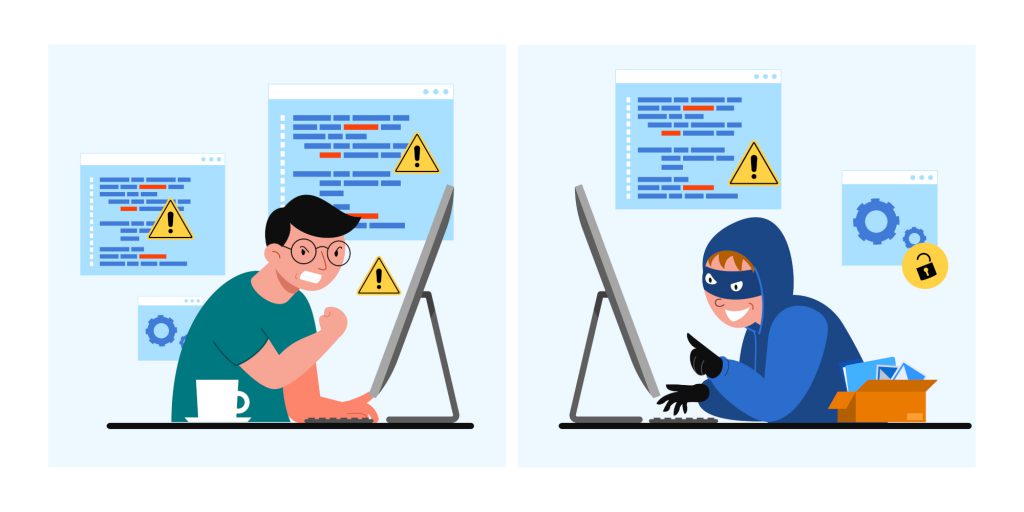
The Case Against Anti-Virus
To put it simply, software and firmware is always compiled down to zeroes and ones. The executable binaries for anti-virus applications ultimately place more data, consume storage, and build memory structures on a computer, which are loaded into the CPU for processing. This means that hackers can still exploit any unknown vulnerabilities within the anti-virus information architecture. All they need to do is find a bug or mistake in the anti-virus application code, and this can be exploited to acquire administrative permissions and take over the machine or device.
Network Security Testing as an Alternative Approach
Testing the security of your network is the only way to validate whether a device is vulnerable or compromised. As described, it is difficult to know. This makes traditional antivirus impractical for the average smart home owner. It’s better to adopt good cyber hygiene, while keeping your systems up to date and thoroughly tested for flaws. Luckily, Simius is not like anti-virus software. so it does not run on your network and cause vulnerabilities or exposures in that way. Instead, we use a secured virtual private cloud which scans your smart home network externally, and this simulates the real-world conditions of a cyber attack. Again, without breaking anything, we find the holes you have first, instead.
Identifying Problems and Taking Corrective Action
Larger enterprises tend to have a solid justification for budgeting larger scale implementations of anti-virus, firewalls, vulnerability assessments, and penetration tests and for different reasons. The average smart home consumer need only focus on the same fundamental basics that enterprises follow. And even then.
Personally, I haven’t needed to use anti-virus software for over a decade. I would only recommend it for enterprises. The average smart home consumer doesn’t need anti-virus because it’s mostly obsolete, in my opinion. A vast majority of people use phones and computers from vendors who have established themselves with a certain level of trust anyway. They tend to stay on top of their issues out of need, otherwise they would have failed by now.

A Competitive Landscape
Companies in big tech have their own turmoil to deal with, and each takes a different approach. Historically, Apple and Unix/Linux based vulnerabilities were less common, and everything seemed to be a problem with Microsoft Windows. Nowadays, anything and everything is fair game, up in the air, for cyber criminals to hack and exploit in whatever way they can. Luckily these companies also have vast resources and workforces who are literally hired to be quite apt in facing these issues on behalf of their organization.
Many IoT manufacturers however do not take responsibility until it threatens their bottom line. Consumers will always have the final say however. A good example was published a few years back in a survey of IoT consumers, who pointed out that botnets on their devices were a problem with the manufacturers.
Getting Hacked Is Not The End Of The World
Unless the sky is falling, try to have some calmness about the situation. A hack usually can’t hurt you physically. You’ll be alright if you have taken control. But even then, there is no need to panic. Assume control, instead of feeling powerless. Know that these things are almost as common as they are unfortunate. Figure out how to kill the cyber attack, first. Whether that be cutting the power, or just disconnecting your internet connections altogether. Recovering lost data or computers. It depends on the situation. If you can afford to lose the capabilities of a smart home camera, unplug it if someone has noticeably hacked it. Many forms of hacking are pranks and harassment for some weird kick. It says nothing about you as a person. It means you trusted a system to protect you and it failed.
Don’t be afraid of cyber crime but also do what you can to avoid online fraud of course. Cyber criminals rely on remaining incognito. Its rare that you will ever encounter them in real life. There is a spectrum of cyber criminals, and the more dangerous crooks typically go after high-value targets, such as enterprises, government, organizations, intelligence agencies, or military. But the one thing in common with your smart home between all these things, is of course the internet connection.
That said, even foreign cyber criminals can themselves, get hacked. In fact, three of the top Russian cyber crime forums were hacked with personal information on the crooks leaking online. Who would have thought? Hackers hacking hackers – quite literally! So keep these things in mind. No one is perfect and the Internet is truly the new wild west.
We Can’t All Get Along…
Obviously, its similar to leaving your front door locked. Safety precautions are necessary in cyber space. This is something that most people can easily agree upon. We need to be more vigilant in faces these uncertain risks. Simius delivers access to network security testing with smart home automation. The peace of mind alone from knowing where a problem exists and how to fix it can be a huge relief. In that way, the value of safety and security in the digital world is something that many smart home owners have in common, and Simius is tackling the problem at the source.
Combining the Tools Together
Using the same penetration testing techniques as the cyber criminals while performing vulnerability assessments, scanning your network for essential cyber security loopholes, among general knowledge of avoiding phishing attacks, will be your best bet. Network security testing allows for discovery of any issues. Knowing is always half the battle. The rest almost always falls into place from there. Corrective actions for smart devices are relatively simple but difficult to identify on the surface. This is where Simius intends to help, and by design.
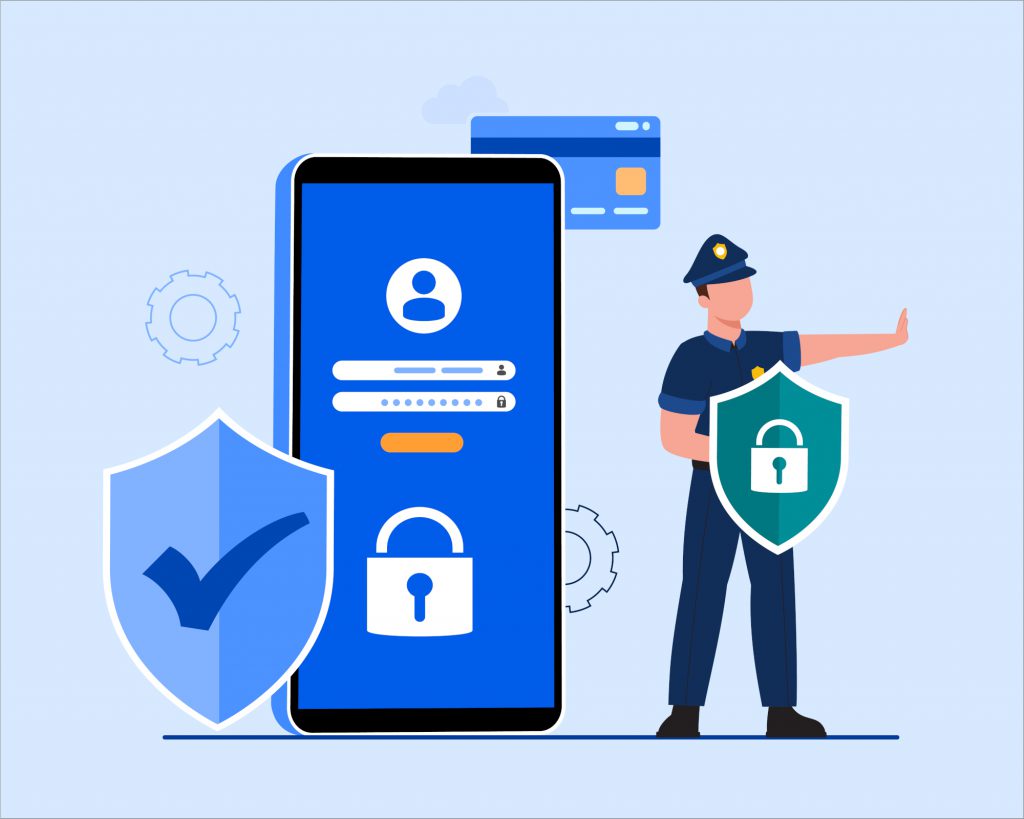
Preemptively Targeting Smart Home Vulnerabilities
There is clearly a demand for something to sharpen the average smart home edge in terms of security. We are open to your feedback, and welcome any insights you can provide. No one knows what they don’t know. As a cyber security professional, I am constantly learning new things all the time. That doesn’t make me any less qualified however. The seasoning of experience has compounded over time. A trial by fire is what keeps us sharper than a laser. But to make it easier for sharpening smart home security.
Testing Smart Home Network Durability
When you use a pencil, it eventually gets dull so you can’t use it. Pens also eventually run out of ink. The same is true of your network and the computers you use, as it comes with the territory. Speaking of ink, printers are especially vulnerable to attack. Sometimes hackers will scan random IP addresses for printers to trigger printers exhausting ink and paper.
Often it’s a prank because the hacker has nothing else better to do. They could attempt to rob you of something, so prevention is our goal. Simius will notify you of these issues so that they can be resolved. We don’t want to make any assumptions but need to prepare for the worst so that we are ready to face it beforehand.
Embrace Murphy’s Law with respect to cyber security. At the same time, try to beat the hackers to first-first base. Simius can help achieve that since an ounce of prevention is worth a pound of cure.
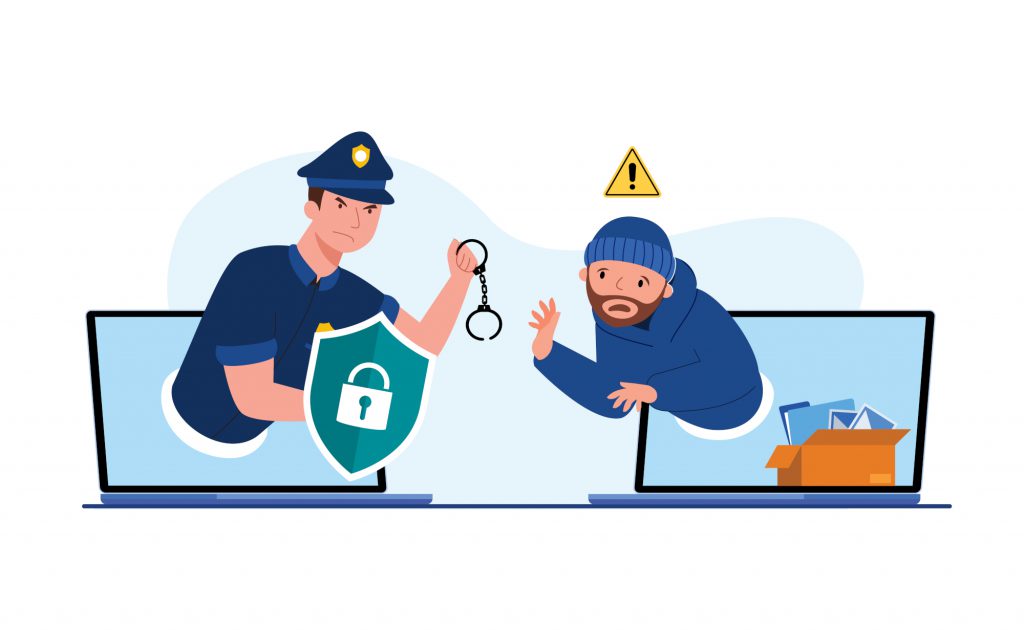
Smart Home Automation for Network Security
Things can go wrong, indeed. But we are also able to be prevent that from happening. The things you do to prepare are key. How you intend to recover from a disaster can make all the difference. This boils down to proper network security and disaster management, as well as a strong mindset. Accepting the risk of IoT devices becomes more worthwhile and less stressful when you have visibility to cyber threats. Simius will help provide you with the ability to keep your edge sharp in that regard. Oftentimes, things could be much worse than they actually are. We suffer more in imagination than in reality. But the only way to face a problem is with a solution. This will be your first major step in establishing cyber vigilance and a clean digital hygiene.
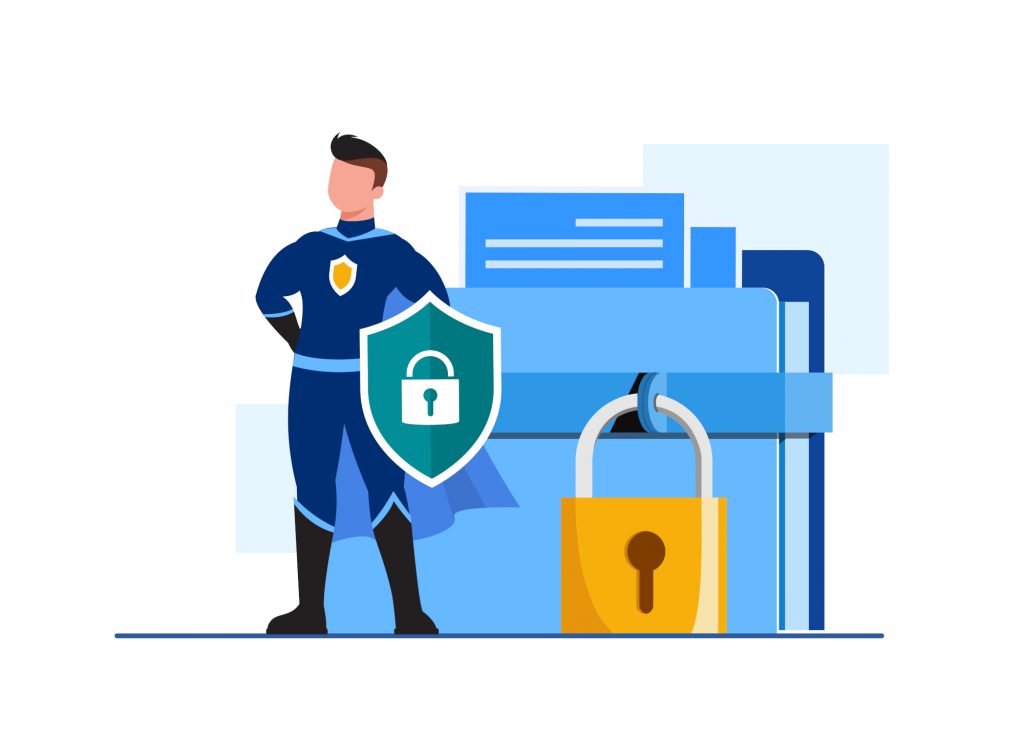
Summary
In this article we discussed the value of network security testing and how it can benefit the average smart home owner. Safety and protection is priceless, but it starts with security and Simius keeps it affordable.


